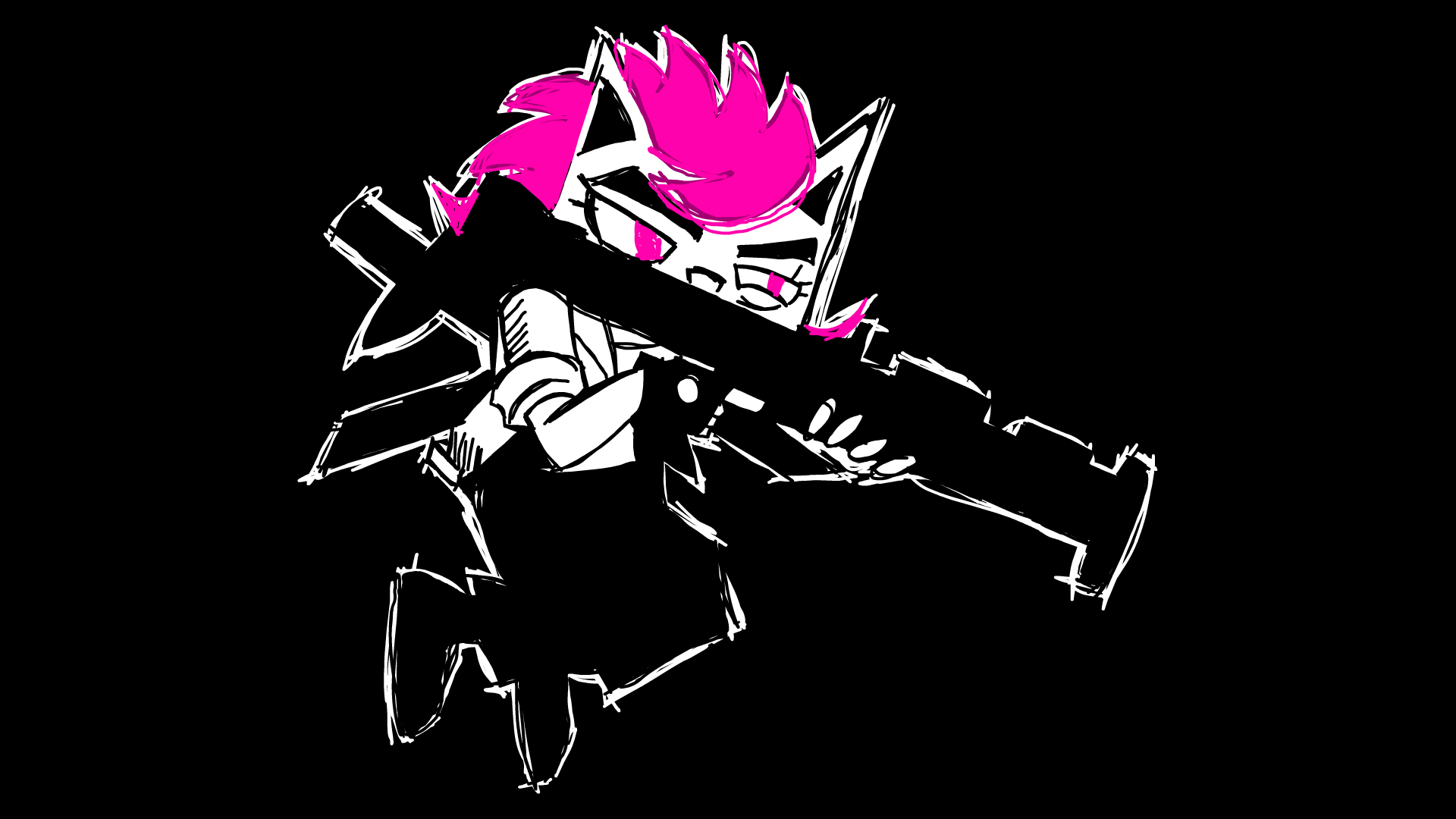Have you ever heard someone describe a mark on their skin as a “bonny bruise” and wondered what on earth that meant? It’s not a term you hear every day, but it carries a bit of charm and a lot of history. The word “bonny” itself is rooted in Scottish and Northern English dialects, where it means attractive or pretty. So, when paired with “bruise,” it paints a picture that’s oddly poetic—almost like a compliment wrapped in a mishap. So, what does a “bonny bruise” really mean, and how did such an unusual phrase come to be? Let’s break it down together.
It might seem strange to call a bruise anything but painful or inconvenient. But in some parts of the UK, especially in storytelling or old-fashioned speech, calling a bruise “bonny” could be a way of softening the blow—literally and figuratively. It’s not just about the look of the bruise either. Sometimes, the term is used more metaphorically, referring to a lesson learned, a small defeat, or even a badge of courage.
So if you’ve stumbled across this phrase and are curious, you're not alone. Whether you're brushing up on British slang, exploring poetic expressions, or just trying to decode a quirky comment from a friend, understanding what a “bonny bruise” really means can open the door to a richer appreciation of language and culture.
Table of Contents
- What Is a “Bonny Bruise”?
- The Roots of “Bonny”
- Using “Bonny Bruise” in Daily Talk
- Why It Matters Today
- FAQ
What Is a “Bonny Bruise”?
Let’s start with the basics: a bruise is a mark on the skin caused by a bump or injury that breaks small blood vessels beneath the surface. It usually changes color over time, from red to blue to yellowish-green before fading. Now, the word “bonny” adds a twist. In Scottish and Northern English dialects, “bonny” means pretty, attractive, or good-looking. So a “bonny bruise” is kind of like calling something that’s usually unpleasant—like a black eye or a purple knee—somewhat charming or even endearing. It’s like giving a compliment where you wouldn’t expect one.
It’s not always literal either. Sometimes people use the phrase in a more metaphorical sense. For example, a person might say, “That was a bonny bruise to my ego,” meaning that they took a hit to their pride but maybe in a way that taught them something. It’s a soft way of talking about pain, setbacks, or even emotional scrapes. So next time you hear someone refer to a “bonny bruise,” think of it as a mix of humor, culture, and maybe a bit of poetic flair.
The Roots of “Bonny”
The word “bonny” has a long and colorful history, stretching back to Scottish and Northern English roots. It’s often used to describe someone or something that’s pleasing to the eye—not necessarily drop-dead gorgeous, but more like “nice to look at” or “pleasant.” You might hear someone say, “She’s a bonny lass,” meaning she’s attractive in a warm, approachable way. The word also pops up in old songs and poems, giving it a kind of timeless charm.
So when you slap “bonny” in front of “bruise,” it gives the whole phrase a bit of a whimsical edge. It’s like saying, “Yeah, I got hurt, but it wasn’t all bad.” That’s the kind of language that tells a story—not just about pain, but about how people cope with it, talk about it, and even laugh about it. You can read more about the origins of “bonny” here.
And if you're curious about how language shapes the way we see the world, you might enjoy learning more about how words evolve and take on new meanings. Learn more about language evolution on our site.
Using “Bonny Bruise” in Daily Talk
So how do you actually use “bonny bruise” in a sentence? Let’s look at a few real-world examples to get a better feel for it:
- “After tripping over that rock, I’ve got a right bonny bruise on my shin.”
- “That was a bonny bruise to my pride, but I learned my lesson.”
- “She came home with a bonny bruise after the rugby match.”
As you can see, the term can be both literal and figurative. It’s not just about physical marks—it can also refer to emotional ones. It’s a way of softening the blow, making something painful sound a bit more manageable, or even a little funny.
It’s also a great example of how regional dialects color the way people talk. In parts of Scotland or Northern England, calling a bruise “bonny” might be perfectly normal, while someone from another part of the world might raise an eyebrow. That’s the beauty of language—it’s full of surprises and local flavor.
If you want to explore more about how people use language differently across regions, check out this page: regional dialects explained.
Why It Matters Today
Even though “bonny bruise” isn’t something you’ll find trending on social media or in pop culture, it still has relevance. Language is always shifting, but some phrases stick around because they carry a little extra flavor. Calling something a “bonny bruise” can be a lighthearted way to talk about a setback without making it sound too serious. It’s a reminder that not everything painful has to be treated like a disaster.
It’s also a nod to cultural heritage. If you’ve got roots in Scotland or Northern England, hearing or using the word “bonny” might feel like a little connection to your background. It’s like a linguistic heirloom—passed down through stories, songs, and maybe even family jokes.
And in a world where everything feels fast-paced and serious, having a quirky phrase like “bonny bruise” in your vocabulary can add a touch of warmth and humor. It’s a small thing, but sometimes those small things make a big difference.
Frequently Asked Questions
Is “bonny bruise” a real term or just slang?
It’s definitely a real phrase, though it’s more common in certain regions like Scotland or Northern England. It’s not in every dictionary, but it pops up in literature and everyday speech, especially when someone wants to describe a bruise in a more poetic or humorous way.
Can “bonny bruise” be used metaphorically?
Absolutely. While it can literally refer to a colorful mark on the skin, people often use it to talk about emotional or psychological setbacks. So, if someone says, “That was a bonny bruise to my confidence,” they’re probably not talking about a physical injury.
Is “bonny bruise” used outside of the UK?
It’s mostly heard in the UK, especially in areas where Scottish or Northern English dialects are spoken. You might come across it in books or films set in those regions, but it’s not a universal term. That said, language travels, and if you use it with the right audience, it can be a charming way to describe a little mishap or learning moment.



Detail Author:
- Name : Prof. Allison Larson MD
- Username : izabella.schmidt
- Email : whackett@zulauf.net
- Birthdate : 1990-05-24
- Address : 28588 Karson Mountain Suite 641 Hailietown, NV 30387-1708
- Phone : 1-838-880-2639
- Company : Spencer PLC
- Job : Stevedore
- Bio : Ut omnis rerum incidunt consequatur libero. Est quis laborum voluptatem laudantium voluptatem eius sed. Qui illum harum labore eum amet. Asperiores nemo velit sapiente nisi ut repudiandae.
Socials
facebook:
- url : https://facebook.com/araceli_real
- username : araceli_real
- bio : Ex vel distinctio voluptatem earum repellat molestias.
- followers : 1348
- following : 1738
twitter:
- url : https://twitter.com/araceli_xx
- username : araceli_xx
- bio : Sit iste consequatur et molestias dolorum est perferendis. Similique quia illum aspernatur vel quisquam. Quo fugit molestias sit deleniti rem.
- followers : 4368
- following : 1306
linkedin:
- url : https://linkedin.com/in/powlowski1971
- username : powlowski1971
- bio : Velit quasi animi voluptatibus expedita.
- followers : 1391
- following : 2630
tiktok:
- url : https://tiktok.com/@aracelipowlowski
- username : aracelipowlowski
- bio : Perferendis nobis quaerat ea aut totam autem suscipit qui.
- followers : 5100
- following : 1229

